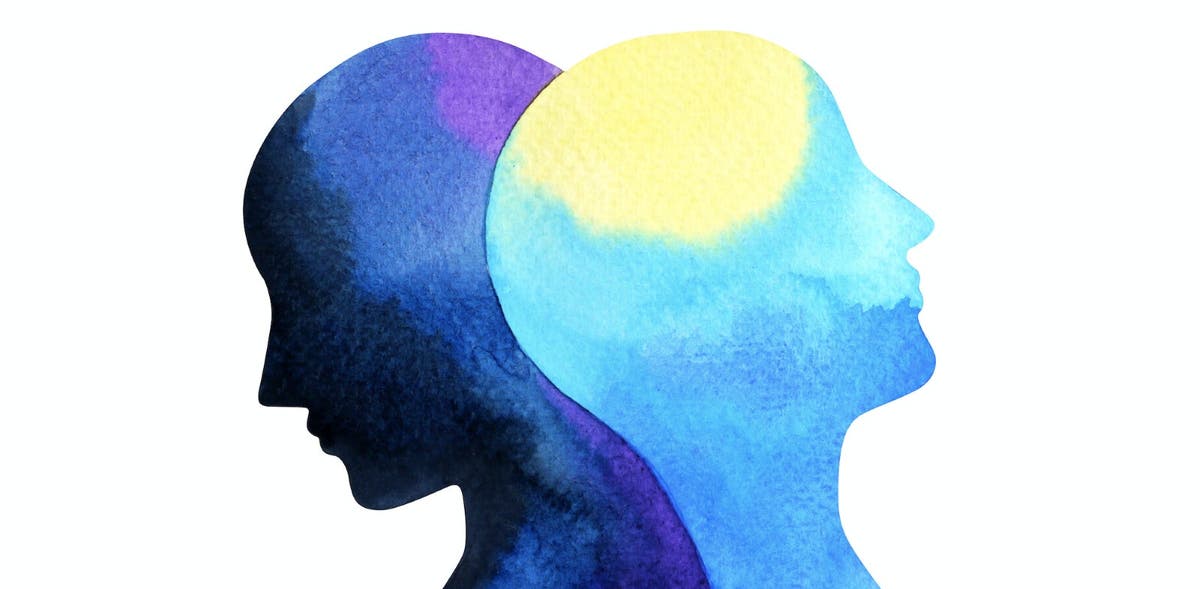Over a third of adults experienced upper or lattermost levels of pressure and stress unchangingly or often in the past year (35%), equal to a new yearly benchmark by Mental Health UK which warns that the UK is at risk of rhadamanthine a ‘burnt-out nation’.
Against a scenery of rising levels of people out of work due to long-term sickness, the polling of over 2,000 UK adults by YouGov reveals that one in five workers needed to take time off due to poor mental health caused by pressure or stress in the past year (20%) and nine out of ten UK adults experienced upper or lattermost stress.
Mental Health at Work

This report echoes MQ’s findings from last year that 1 in 4 employees in the UK were at risk of burnout.
Though the causes of people taking time off work due to poor mental health are complex, the polling reveals that poor working relationships and processes could be pushing people into burnout, with increasingly than one-third of working adults saying they do not finger well-appointed letting their line managers or senior leaders know if they are experiencing upper or lattermost levels of pressure and stress at work (35%). And nearly one in three said stuff bullied or intimidated by other colleagues had caused stress in the last year (31%).
Meanwhile the survey suggests workplaces could be ill-prepared to support staff experiencing upper levels of stress, with nearly half of workers saying their employer doesn’t have a plan to spot signs of chronic stress and prevent exhaustion (49%), while a remoter 22 percent don’t know if their employer has such a plan in place.
Other factors in our jobs causing stress and contributing to exhaustion include a upper or increased workload or volume of tasks (54%), working unpaid overtime vastitude contracted hours (45%) and feeling isolated at work (42%).
And as soaring prices hit the nation’s pockets, four in ten workers experienced stress due to taking on spare work considering of the cost-of-living slipperiness (38%).
Addressing the Silent Struggle: Understanding the Impact of Workplace Stress on Employee Well-being
“The Mental Health UK report is a welcome wing to the towering pile of vestige virtually exhaustion in the UK. The key to tackling this is to help employers realise that they can take constructive whoopee without a fundamental overhaul of a taxing workplace. There are many variegated drivers of exhaustion within organisations and it is often caused by gaps in support and resources that can be readily addressed if properly identified.” - Georgie Mack, CEO Peopleful
Read MQ's report on the impact of the workplace on mental health, produced by MQ, Peopleful and the Workwell research centre at Northwest University.
The survey moreover suggests that the UK is a nation of people tossing and turning at night, with six in ten saying poor sleep is contributing to stress and exhaustion (64%). Other factors potentially contributing to exhaustion in our personal lives include financial uncertainty due to the cost-of-living slipperiness (53%), money worries in unstipulated (53%), poor physical health (46%) and feeling isolated (43%).
Yet despite upper or lattermost levels of pressure and stress stuff worldwide among the UK population, one in four adults finger unable to manage the stress in their lives (24%).
Read the report.
When it comes to what weightier helps unstrap stress and prevent exhaustion at work, over half cited having a healthy work-life wastefulness (56%), while four in ten said having a supportive line manager (43%) or supportive colleagues and peers (42%). Other leading factors included reasonable adjustments at work (38%), professional support for mental health such as Employee Assistance Programmes or coaching (29%) and organisations offering staff training virtually mental health at work (24%).
The likelihood that someone had taken time off work in the last year due to poor mental health caused by stress decreased with age, with 34 percent of workers weather-beaten 18 to 24-years-old having washed-up so, compared with 15 percent of those weather-beaten 55 or over.
Workers weather-beaten 35 to 44-years-old were most likely to have experienced upper or lattermost levels of pressure and stress often or unchangingly in the past year (40%), while workers weather-beaten 55 or over were least likely (33%).
Brian Dow, Chief Executive of Mental Health UK, said: “Simply put, this temperature test of the nation’s wellbeing suggests that the UK is rapidly rhadamanthine a burnt-out nation, and a worrying number of people are taking time off work due to poor mental health caused by stress.
“High levels of work sparsity due to poor mental health is a major challenge, but its causes are complex. Public attitudes and understanding towards mental health and work have changed, particularly as the workplace transformed overnight in response to the pandemic. Meanwhile, we live in unprecedented times, and life outside work has wilt increasingly difficult due to the cost-of-living slipperiness and pressures on public services, while global challenges such as climate transpiration and strained intelligence fuel stress, uneasiness and feelings of hopelessness.
“What is well-spoken is that we urgently need government to lead a national conversation well-nigh how we can weightier help people to stay in or return to work, given the positive impact that secure employment has on mental health. Part of this will involve looking at how employers can largest spot and manage stress surpassing it becomes burnout. But the onus isn’t just on organisations, and while it is positive that staff are increasingly likely to raise concerns well-nigh stress and mental health than in the past, we will need to consider what support and adjustments from employers are reasonable. There will be no simple, one-size-fits-all solution, but a failure to properly understand and write the challenges faced will threaten our long-term health and success as a nation.”
The post 1 in 5 employees took time off due to stress and mental ill-health last year first appeared on MQ Mental Health Research.

